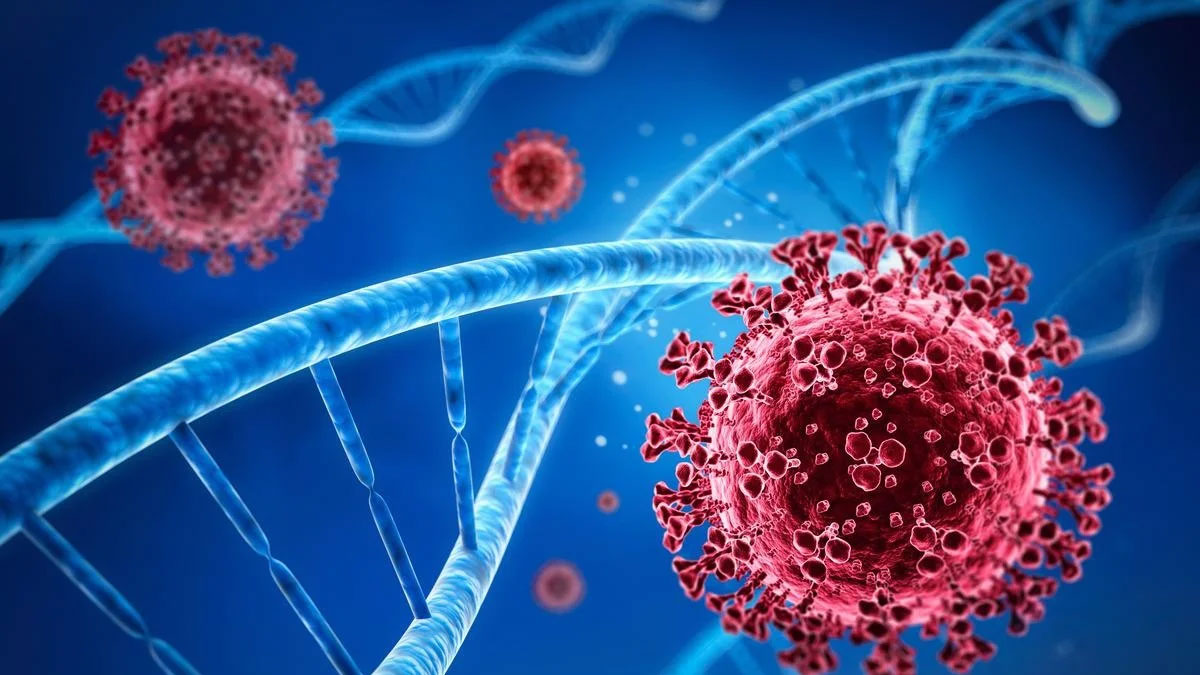
The Ministry of Health is now collaborating with the World Health Organization on the reported emergence of the JN.1 variant of the COVID-19 virus in countries like Singapore, India and China.
fijivillage News has been monitoring the situation in recent weeks with the emergence of the new variant, and speaking to the ministry on it's action plans.
The Health Ministry confirms multiple countries around the world have reported this variant and the WHO has classified JN.1 as a separate variant of interest from the parent lineage BA.2.86 variant on 18th December 2023 given its rapid increase in prevalence.
Based on current evidence and information available, there were minimal admissions and major public health impacts at this time from this variant of interest.
The Health Ministry says this may change as more is known about the illness caused by this variant.
The Ministry is continuing to monitor the spread of the new variant and is scaling up the surveillance process and laboratory investigations at the Fiji Centre for Disease Control.
The Health Ministry is urging the public to remain vigilant and take proactive measures to protect against respiratory illnesses. This includes practicing good hand hygiene, and proper coughing and sneezing practice, staying up to date with vaccinations, and seeking prompt medical attention for any concerning symptoms. Vulnerable members of our communities such as the elderly, pregnant, babies and young children, disabled, and those with chronic diseases should be encouraged and supported with personal COVID-19 safety measures.
The Ministry encourages anyone who falls sick with COVID-19-like symptoms to get tested, and if positive, avoid attending work or joining a large group of people over 5 days. Those who are experiencing severe illness that includes shortness of breath should present themselves immediately to their nearest health facility for treatment.
People with COVID-19 have had a wide range of symptoms reported – ranging from mild symptoms to severe illness.
Symptoms may appear 2-14 days after exposure to the virus. Anyone can have mild to severe symptoms. Possible symptoms include fever or chills, cough, shortness of breath or difficulty breathing, fatigue, muscle or body aches, headache, loss of taste or smell, sore throat, congestion or runny nose, nausea or vomiting and diarrhoea.
You need to seek emergency medical attention if you have trouble breathing, have persistent pain or pressure in the chest, are in a confused state, inability to stay awake, and pale, gray, or blue-colored skin, lips, or nail beds, depending on skin tone.
Travellers are advised to ensure their COVID vaccination is updated and to practice COVID-safe measures including the use of face masks where appropriate while overseas.
Stay tuned for the latest news on our radio stations

